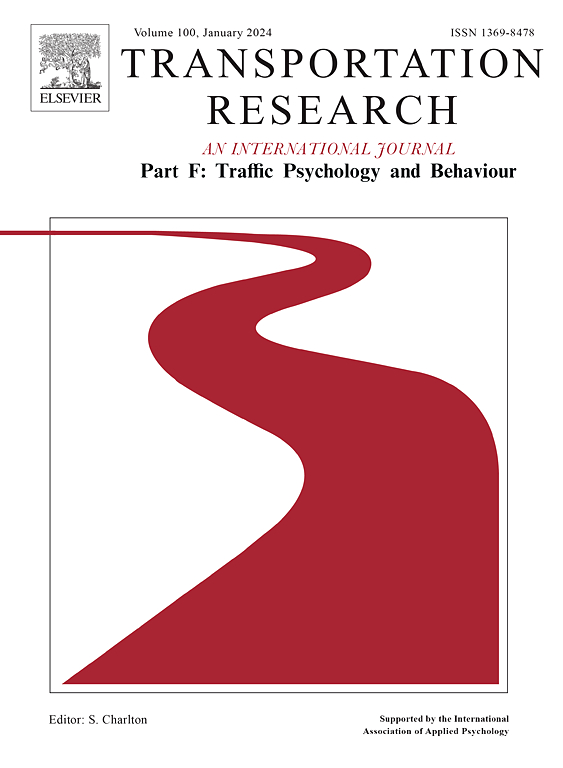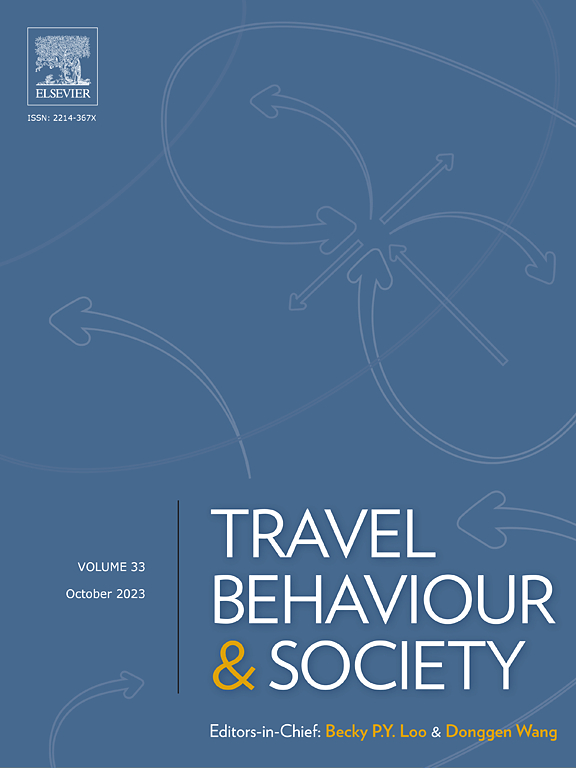Announcement of guest lecture by Dr. Tim Reuter (RBB Economics) on March 22, 2024, in Münster

Language of presentation: German

Language of presentation: German

Language of presentation: German
 On March 6, Dr. Till Kösters, Lars Rödermund (Master's student of economics) and Sebastian Specht (doctoral student) were guests at Autobahn GmbH des Bundes in Leverkusen. In addition to an exciting tour of the traffic control center and stimulating discussions, promising traffic data for future research work and thesis topics were collected. We would like to thank you for the friendly welcome and the pleasant exchange.
On March 6, Dr. Till Kösters, Lars Rödermund (Master's student of economics) and Sebastian Specht (doctoral student) were guests at Autobahn GmbH des Bundes in Leverkusen. In addition to an exciting tour of the traffic control center and stimulating discussions, promising traffic data for future research work and thesis topics were collected. We would like to thank you for the friendly welcome and the pleasant exchange.

In their new article "More Afraid of the Virus than of Bad Weather? Exploring the link between Weather Conditions and Cycling Volume in German Cities Before and During the COVID-19 Pandemic", Ansgar Hudde and Jan Wessel examine how the COVID-19 pandemic has influenced the relationship between weather and cycling. Based on data from 69 automated bicycle counting stations in Germany, the authors show that the weather sensitivity of cyclists in transit-oriented cities has increased during the Covid-19 pandemic. One reason for this could be that public transport users have switched to cycling due to the increased risk of infection on public transport and that these new cyclists are significantly more sensitive to the weather than long-time cyclists. In more bicycle-oriented (student) cities, on the other hand, the weather sensitivity of cyclists has not changed during the Covid-19 pandemic.
This article is published in the journal Transportation Research Part F: Traffic Psychology and Behaviour (link to article).

Professor Sieg has been elected Chairman of the Board of Academic Advisers to the Federal Minister of Digital and Transport since January 1, 2024.
Prof. Sieg's term of office includes not only the 75th anniversary of the Advisory Board but also the greatest challenges for transport policy since the Federal Republic of Germany was founded:
"The transport sector is facing major challenges: Climate neutrality, affordability, poverty, demographics, to name but a few. Transport science can make a contribution to solving these problems. The Board works at the interface between science and policy advice and, as in the last 75 years, will continue to develop practical solution recommendations for the most important problems in transport. I am already looking forward to the coming years and the intensive communication and discussion with the Minister and the Ministry."

Increasing cycling attractiveness is essential for city planners to enable more sustainable mobility. One way to improve cycling quality is to reduce the frequency of stopping, thereby enhancing cycling flow. Against this backdrop, the city of Münster installed an open-source green wave assistant designed specifically for cyclists, located 110 meters in front of the traffic lights.
In their new article "Riding the Green Wave - How Countdown Timers at Bicycle Traffic Lights Impact on Cycling Behavior", Christina Brand, Thomas Hagedorn, Till Kösters, Marlena Meier, Gernot Sieg and Jan Wesse analyze the impact of the Leezenflow system. Therefore, they conduct a natural field experiment in real traffic and an online survey. This is the first comprehensive analysis of a bicycle green wave assistant, considering both its long-term impact in real traffic and user feedback. They find that the number of cyclists that have to stop at the red lights decreases by 6.6 %. Moroever, the data indicates a reported increase in cycling quality, and evidence for positive effects on traffic safety.
This article is published at the journal Travel Behavior and Society (Link to article).


The IVM wishes you a Merry Christmas and a Happy New Year 2024.
 Prof. Dr Gernot Sieg interviewed by WDR 5 Westblick on higher truck tolls to finance rail infrastructure (click here).
Prof. Dr Gernot Sieg interviewed by WDR 5 Westblick on higher truck tolls to finance rail infrastructure (click here).